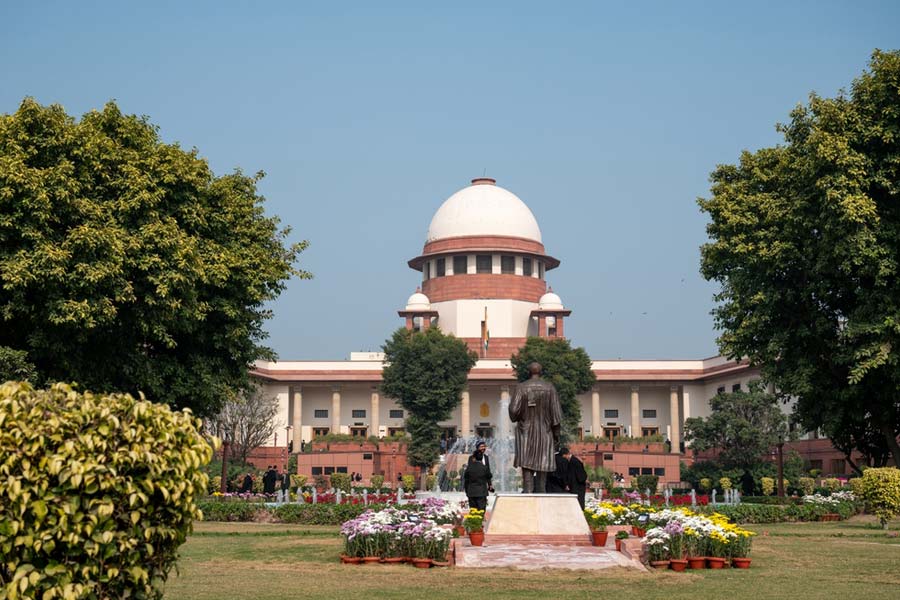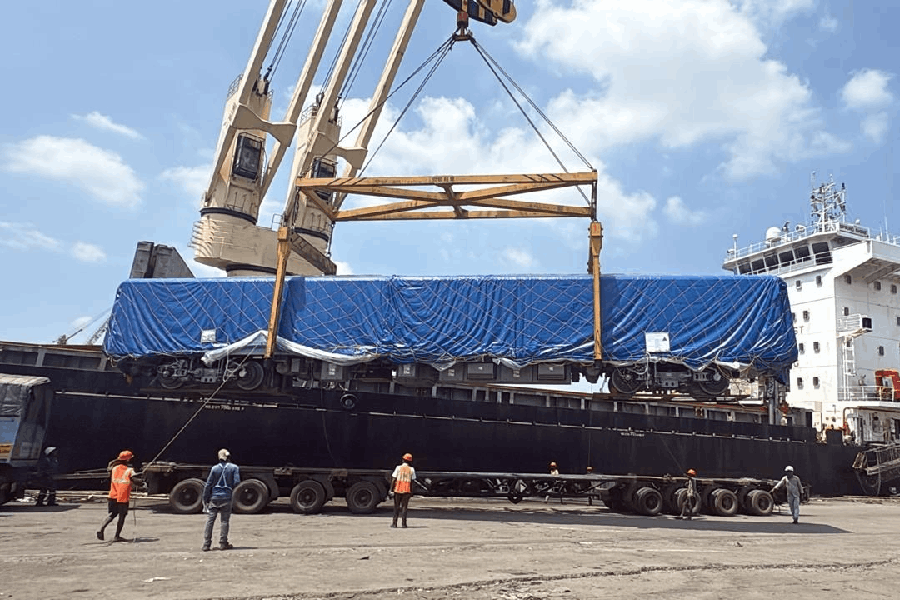 |
| Birds at Deepor Beel. Picture by S.H. Patgiri |
Guwahati, Dec. 31: Deepor Beel has finally got a fresh lease of life. The 4,000 hectares freshwater lake, which is the only major storm water storage basin for the city, has been accorded the status of a new wetland of international importance.
The Ramsar Convention on Wetlands designated Deepor Beel as a wetland of international importance after the conclusion of its eighth meeting of the Conference of the Contracting Parties (COP8), held at Valencia in Spain from November 18 to 26. The theme of the conference was “Wetlands: Water, Life and Culture”.
The designation was accorded following a request by the Government of India to include Deepor Beel as a new wetland of international importance. The Centre had requested the convention to recognise 11 wetlands in the country as wetlands of international importance.
The Convention on Wetlands, signed in Ramsar, Iran, in 1971, is an inter-governmental treaty which provides the framework for national action and international cooperation for the conservation and wise use of wetlands and their resources.
The Beel is a staging site on migratory flyways where some of the largest concentrations of aquatic birds in Assam can be seen, especially in winter. Some globally threatened birds like Spotbilled Pelican (Pelicanus philippensis), Lesser and Greater Adjutant Stork (Leptoptilos javanicus and dubius) and Baer’s Pochard (Aythyabaeri) are found here.
The 50 fish species in the Beel provide livelihood to a number of villagers. Besides, nymphaea nuts and flowers, ornamental fish, medicinal plants and seeds of the giant water lily (Euryale ferox) provide major revenue sources in local markets. Orchids of commercial value are also found in the neighbouring forest.
The convention has noted that potential threats to Deepor Beel include over-fishing and hunting of waterbirds, pollution from pesticides and fertilisers, and infestation by water hyacinth (Eichhornia crassipes).
It also stated that a proposal to create a sewage canal from the city directly to the beel is considered to be disastrous in its potential effects.
Deepor Beel was in the news recently after the state forest department had denotified it as a bird sanctuary. It was only after a lot of hue and cry, raised by some wildlife non-governmental organisations, that the department called for rescinding the notification and gave back the status of bird sanctuary to Deepor Beel.
There are at present 135 contracting parties to the convention, with 1,230 wetland sites, totalling 105.9 million hectares, designated for inclusion in the Ramsar list of wetlands of international importance. The parties meet every three years to assess the progress made in implementing the convention and wetland conservation, to share knowledge and experience and plan the next triennium.











